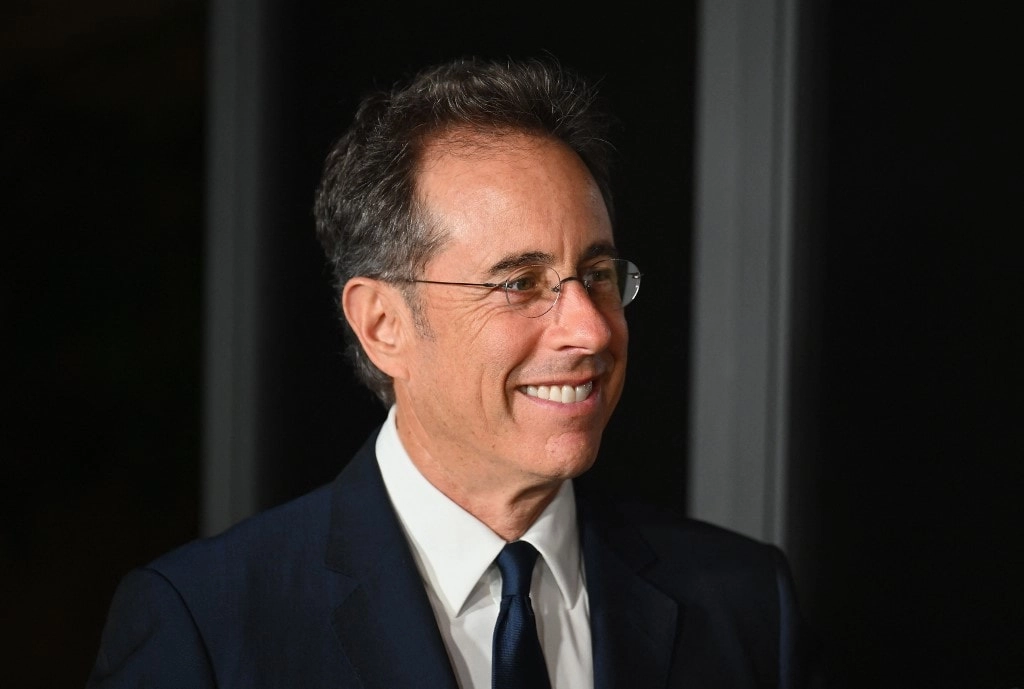In a recent statement that has sparked significant controversy, comedian Jerry Seinfeld drew a provocative comparison between the Ku Klux Klan and the “Free Palestine” movement. Seinfeld’s remarks appear to stem from a broader discussion about the implications of various political movements and their societal impacts. By equating the two, he has ignited debates about the nature of activism and the ethical considerations surrounding different causes.
Seinfeld’s comments have been met with backlash from many who argue that equating a hate group like the Ku Klux Klan, known for its violent history and racism, with a movement advocating for the rights of Palestinians is not only misleading but also undermines the serious issues faced by those in conflict zones. The “Free Palestine” movement seeks to bring attention to the struggles of Palestinians living under occupation, advocating for human rights and justice. Critics of Seinfeld’s comparison assert that such statements can perpetuate harmful stereotypes and diminish the legitimacy of legitimate political discourse.
Supporters of Seinfeld may argue that his intention was to highlight the extremism found in various movements, suggesting that all advocacy isn’t equal and that some groups operate under ideologies that promote hatred. However, this perspective does not resonate with many who view the “Free Palestine” movement as a legitimate response to oppression. The backlash reflects a growing sensitivity to the language used in political discourse, particularly when discussing issues of race, identity, and human rights.
In an age where social media amplifies voices and opinions, Seinfeld’s comments serve as a reminder of the complexities surrounding political activism. The intersection of humor and serious political issues can often lead to misunderstandings and oversimplifications. As discussions about the “Free Palestine” movement continue, the need for nuanced dialogue is essential to promote understanding and to navigate the contentious landscape of global politics. The conversation surrounding Seinfeld’s remarks underscores the importance of recognizing the distinct histories and motivations of various movements, allowing for a more informed and empathetic discourse.




